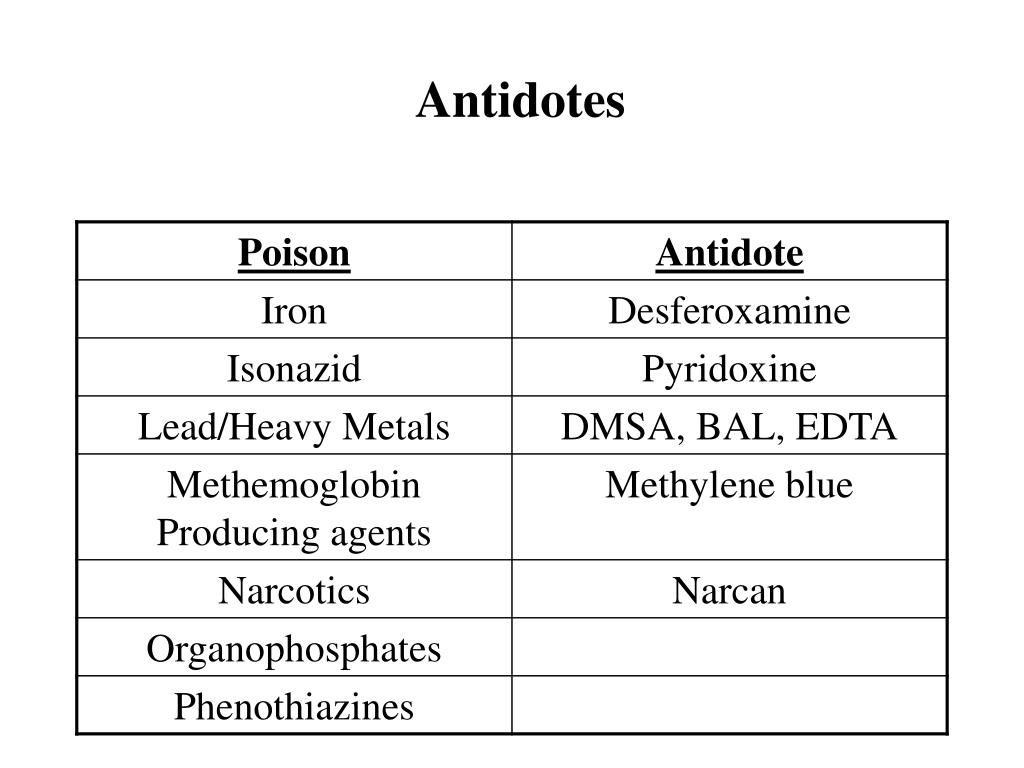

Note: Research interests do not need to be well-developed at this stage a basic description of interest is appropriate.
 A cover letter which includes a brief statement of interest and description of research interests/experience (1 page maximum). Interested applicants will need to provide: The ANTIDOTE Institute provides an opportunity for fellows and junior faculty to begin to develop their own area of investigation, network with peers and experienced investigators in the field, and gather practical knowledge on topics core to developing a successful research program.Īpplicants must be toxicology fellows or junior faculty (within 3 years of fellowship graduation) for the 2022-2023 academic year. Additionally, prospective investigators need to identify a strong network of mentors and collaborators to help them grow their own research program. In order to support a career in research, toxicologists need knowledge and skills related to identifying and securing funding sources, scientific writing for knowledge dissemination, and ethical research conduct. The discovery and development of the next practice driving advancements in toxicology require rigorous research, and a pipeline of new investigators to drive the field forward. Outside of providing clinical care, toxicologists have advanced the science around antidotal therapy, management of the poisoned patient, occupational exposures, and substance use disorder. Medical toxicologists play an important role in defining the care of poisoned patients. Sponsored by ACMT, The ToxInnovation Lab (UMASS), and The Chai Lab (Harvard Medical School) Advancing New Toxicology Investigators in Drug Abuse and Original Translational Research Efforts
A cover letter which includes a brief statement of interest and description of research interests/experience (1 page maximum). Interested applicants will need to provide: The ANTIDOTE Institute provides an opportunity for fellows and junior faculty to begin to develop their own area of investigation, network with peers and experienced investigators in the field, and gather practical knowledge on topics core to developing a successful research program.Īpplicants must be toxicology fellows or junior faculty (within 3 years of fellowship graduation) for the 2022-2023 academic year. Additionally, prospective investigators need to identify a strong network of mentors and collaborators to help them grow their own research program. In order to support a career in research, toxicologists need knowledge and skills related to identifying and securing funding sources, scientific writing for knowledge dissemination, and ethical research conduct. The discovery and development of the next practice driving advancements in toxicology require rigorous research, and a pipeline of new investigators to drive the field forward. Outside of providing clinical care, toxicologists have advanced the science around antidotal therapy, management of the poisoned patient, occupational exposures, and substance use disorder. Medical toxicologists play an important role in defining the care of poisoned patients. Sponsored by ACMT, The ToxInnovation Lab (UMASS), and The Chai Lab (Harvard Medical School) Advancing New Toxicology Investigators in Drug Abuse and Original Translational Research Efforts








